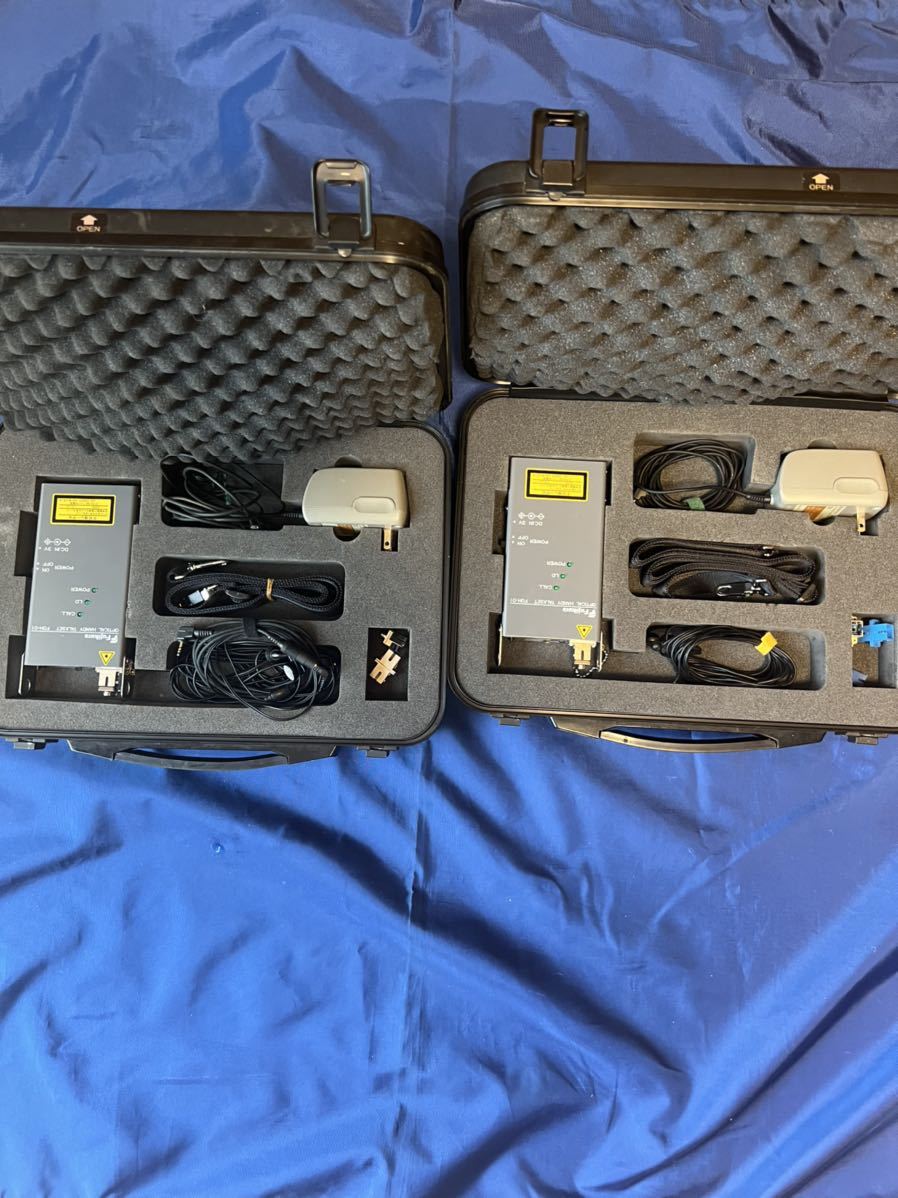
無農薬 無花果 ✳︎ イチジク ✳︎ ビオール ビール 3年生 kwtmr3
 タイムセール
タイムセール
999円以上お買上げで代引き手数料無料
商品詳細情報
| 管理番号 | 新品 :99114803 | 発売日 | 2024/06/26 | 定価 | 8,800円 | 型番 | 99114803 | ||
|---|---|---|---|---|---|---|---|---|---|
| カテゴリ | |||||||||
無農薬 無花果 ✳︎ イチジク ✳︎ ビオール ビール 3年生 kwtmr3
ご覧いただきましてありがとうございます。 ビオールはカルフォルニア原産の、甘くて濃厚なイチジクです。 果肉は琥珀色で、蜂蜜のような風味のとてもおいしいイチジクです。 豊産性ですので、生食はもちろんジャムやコンポート、夏はシャーベットにしたりといろいろ楽しめますね ◡̈* 不老長寿の果物と言われているイチジクは、食物繊維、カルシウム、鉄分、カリウムなどのミネラル分や、ビタミンB1、ビタミンB2、ビタミンB6、ビタミンCなどのビタミン類をバランスよく含んでいます。 ペクチンが豊富で腸の活動を活発にし、腸内環境を整えてくれます。 ✳︎ お手数ですがプロフィールをご一読くださいm(__)m 他にもたくさん出品しています。ぜひご覧になってください #Rimハーブ ✳︎ 画像のものをポットのままお届けいたします 3年生の苗木になります 鉢底から50cm程度に成長しています 根もしっかりと張り安定しています ◆品種 ビオール ビール 夏秋兼用種になります 糖度15度前後 果重は70g前後 1本で結実します ◆ 発送 画像のものをポットのままお届けいたします。 らくらくメルカリ便でのお届けを予定しております。 日時の指定などございましたら、ご遠慮なくお知らせくださいませ。 丁寧に梱包いたしますが、葉落ち等発送中に不備が生ずるかもしれません。 よく確認いたしますが、小さな虫等見落としがあるかもしれません。 ペットボトルやお菓子の箱等のリサイクルボックスを使用して梱包いたします。 以上のことをご理解いただいた上で、ご購入よろしくお願いいたしますm(__)m 園芸 ガーデニング 苗 ハーブ 花の苗 植物 ラズベリー 木苺果樹 ベリー ハーブ苗 樹 ブラックベリー イチジク いちじく 無花果 果樹 果物 フルーツ 実 ほうらいし 蓬莱柿 ホウライシ オーガニック gold figer ゴールド ファイガー































